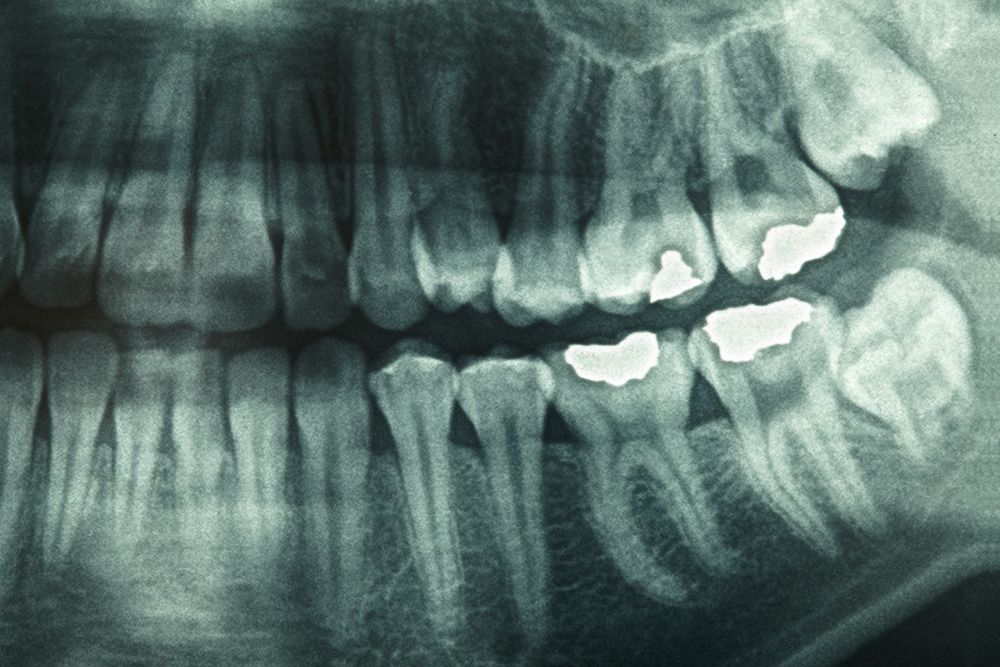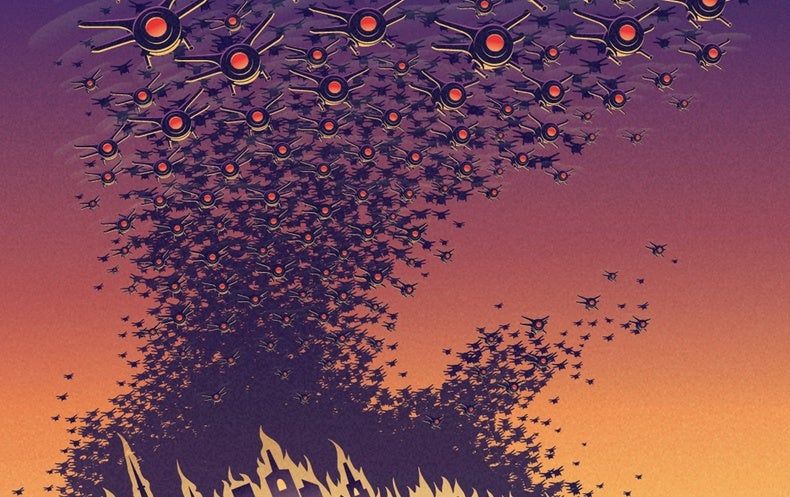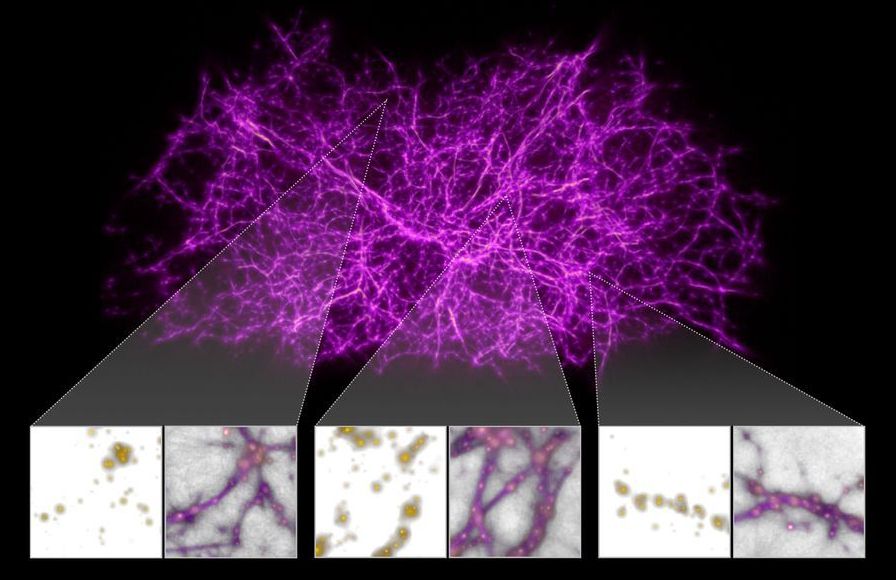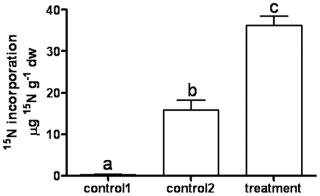:0000
This article follows on from several others on this theme that I wrote some time ago, for details of which see footnote.
The idea of the earth as a superorganism re-emerged in modern times with the work of the independent scientist James Lovelock and his Gaia hypothesis. This was developed further by the spiritually oriented writer Peter Russell in The Awakening Earth.
When Lovelock published the first edition, where he described the Earth as a kind of self-regulating, living organism, he was attacked by biologists who said that this could not have emerged through a process of natural selection, thus contradicting Darwinian theory, the dominant biological paradigm. Even worse, “one critic referred to it scathingly as a fairy story about a Greek goddess”. These are statements typical of modern materialist, Enlightenment science for, as Lovelock says, “the idea of Mother Earth or, as the Greeks called her, Gaia, has been widely held throughout history and has been the basis of a belief that coexists with the great religions”.








